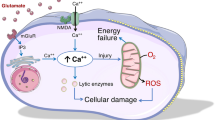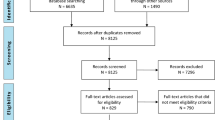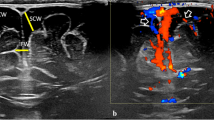Abstract
In the past years several recommendations have been published concerning the diagnostic work-up and treatment of patients with traumatic brain injury (TBI). They show that with regard to the surgical management of acute epidural hematomas, acute subdural hematomas, traumatic parenchymal lesions, posterior fossa mass lesions, as well as depressed skull fractures there is a lack of controlled studies, which would allow to define standards of treatment or guidelines, respectively. Nonetheless, treatment protocols serve an important purpose, because they may improve management of TBI patients by promoting uniform decision-making in the treatment of these patients, namely in
• the identification of the few patients likely to suffer from complications among the large number of patients who sustain a mild to moderate head injury and
• strategies for avoiding posttraumatic cerebral ischemia.
In this context, the authors focus on the importance of plain skull X-rays and CT scan, respectively, in the work-up of mild TBI patients and on the indications for decompressive craniectomy for the relief of intractable elevation of intracranial pressure following severe TBI.
Similar content being viewed by others
Author information
Authors and Affiliations
Corresponding author
Rights and permissions
About this article
Cite this article
Imhof, HG., Lenzlinger, P.M. Management of Traumatic Brain Injury. Eur J Trauma 31, 331–343 (2005). https://doi.org/10.1007/s00068-005-2061-5
Received:
Accepted:
Issue Date:
DOI: https://doi.org/10.1007/s00068-005-2061-5




